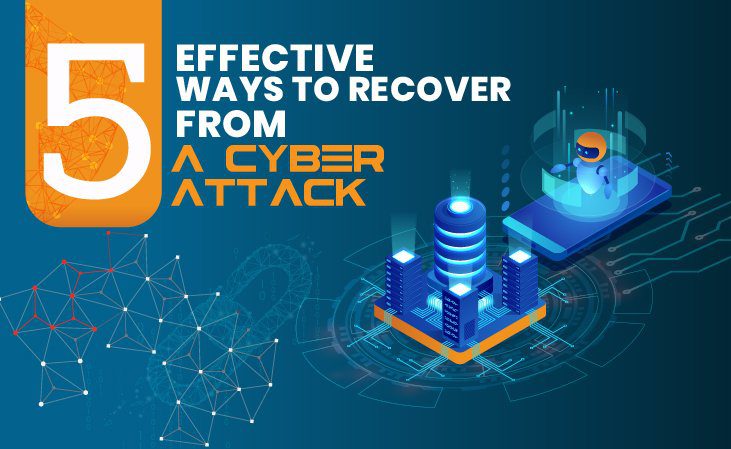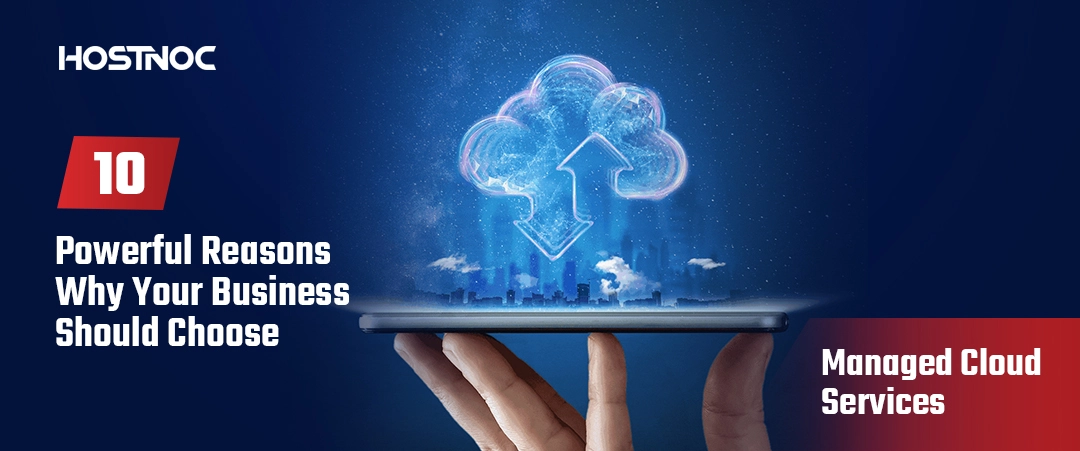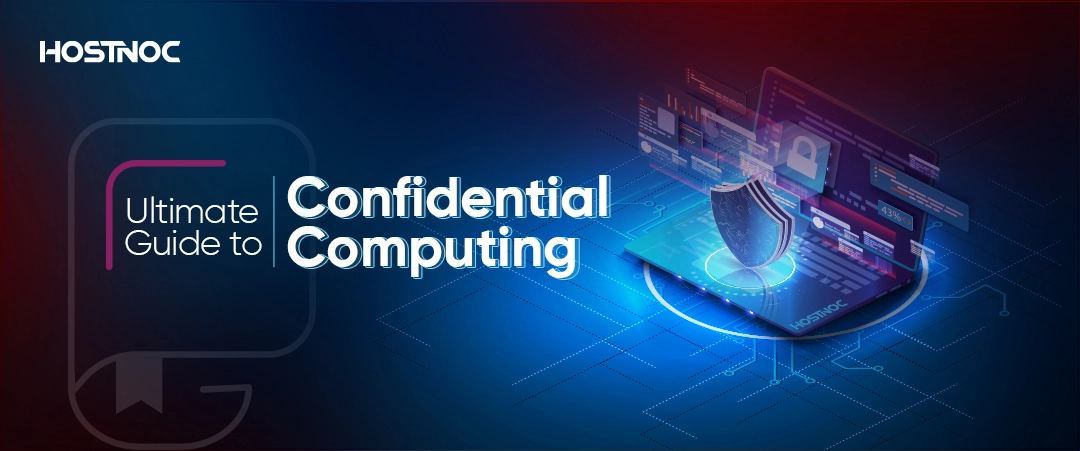7 Cyber Security Skills That Are In High Demand Today

5 Effective Ways to Recover from A Cyber Attack
June 17, 2020
10 Powerful Reasons Why Your Business Should Choose Managed Cloud Services
July 8, 2020You are inspired by technology, which is why you choose to pursue a career in computer science. To make your dream come true, you graduated with a computer science degree from a prestigious university. With so many different avenues to choose from, you are struggling to decide which area of expertise you should opt for.
If you would ask me, I would suggest you become a cybersecurity expert. Businesses are constantly in search of cybersecurity professionals who can protect their sensitive business infrastructure from cybersecurity attacks. There is a high demand for such professionals in the market and businesses are willing to pay the top dollar to hire cybersecurity experts. Are you also constantly experiencing cyber security threats? Here are 5 Effective Ways to Recover from A Cyber Attack .
Moving on to the article now, let’s learn about cybersecurity skills that are in high demand these days.
1: Secure Software Development
Most businesses acquire and run software to manage their day to day operations. Unfortunately, they rarely focus on the security side of software development, which is why they come under cybersecurity attacks. Frequent attacks have forced businesses to take secure software development seriously. Secure software development is a set of principles and processes that encompasses all the phases of the software development life cycle. This ensures security across design, coding, testing, implementation phases. For this, you will have to take the security-first approach and ask all the stakeholders such as coders and testers to follow it religiously.
2: Cloud Security
With more and more businesses moving to the cloud, the demand for cloud security professionals will grow exponentially in the future. Businesses are reluctant to shift their entire systems to the cloud because they are suspicious about cloud security, which is why they prefer to stick with traditional on-premise environments or choose a hybrid option. Data security and privacy is a big issue when it comes to cloud and frequent data breaches add insult to the injury. Third-party add ons, CDN issues and user management problems can create some security issues. As a cloud security professional, you might be on the radar of tech giants such as Google, Amazon and Microsoft and you never know you might get the appointment letter from any of these tech giants. You can also become a cloud security consultant and offer consultation services to large scale enterprises.
3: Data Security
By far, the biggest challenge for businesses is to keep their sensitive data safe from prying eyes. Then there are different laws and compliance issues that add to the woes of businesses. Instead of dealing with these compliance-related problems, they prefer to take the services of data security experts that not only help them keep their data private but also help them meet all the standards for compliance. If you manage to establish yourself as a subject matter expert in information security, companies will regularly reach out to you and take your services. You should have a clear understanding of cyber laws in different countries for that you might have to study an extra course called cyber law.
4: Risk Mitigation
If you are defining risk in terms of financial losses, then you have a tunnel vision. Yes, most businesses would do the same, but that is exactly why they suffer. Risk is a broader term and can also include reputation damage and many other aspects as well. If you can help businesses mitigate their risks, they would be happy to pay you handsomely. Risk mitigation in cybersecurity is all about preventing the same incident from occurring again. Having a response plan and strategy is also an integral part of risk mitigation.
Venkat Balakrishnan, who is a cybersecurity and risk advisor for EY, summed it up brilliantly when he said, “Understanding what the organization wants to achieve and how cyber could allow them to achieve instead of becoming a hurdle. You should look to come up with alternatives to mitigate the risk and avoid being rigid.” Those who are worried about their best dedicated servers break down after frequent power outages should invest in a power generator or take the services of cloud providers until your generator or server is back up.
5: SecOps
Are you a big fan of efficiency and practice of DevOps? If yes, then you will surely love SecOps. SecOps offers all the benefits that DevOps brought to the table but with a focus on security. It brings your security team, development team and operation team to work together and removes friction, turning them into a cohesive unit. There are some DevOps tools that are designed with security in mind, but we will see many tools emerge that will offer security as a service. It is important for cybersecurity experts to understand the language of data scientists so they can work together and automate processes more efficiently.
6: Encryption
Encryption is a critical part of cybersecurity. If you want to keep your data and conversation private, encryption offers you a perfect solution. Learn future proof encryption and cryptographic techniques and increase your worth as a cybersecurity professional. There is no denying that the rise of quantum computing will prove to be the last nail in the coffin of encryption, but we are still a few years or maybe even decades away from seeing quantum computers go mainstream. Until then, advanced encryption is the only way you can keep your data secure while transferring it.
7: Intrusion Detection System Engineering
You might have the best anti-malware, spyware, antivirus and firewall, but what if you are already infected or under a cybersecurity attack. Do you have an intrusion detection system? If no, then all those antiviruses and firewalls won’t be enough to save your business from disaster. Master intrusion detection system engineering and create intrusion detection systems that can send the alarm bells ringing as soon as they find any intrusions. By installing an intrusion detection system, businesses can take action quickly and minimize the damage caused by viruses or due to cybersecurity attacks.
Which skill do you think will be most important in the future? Feel free to share it with us in the comments section below.



